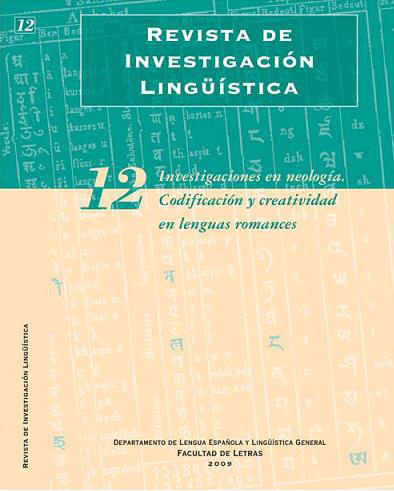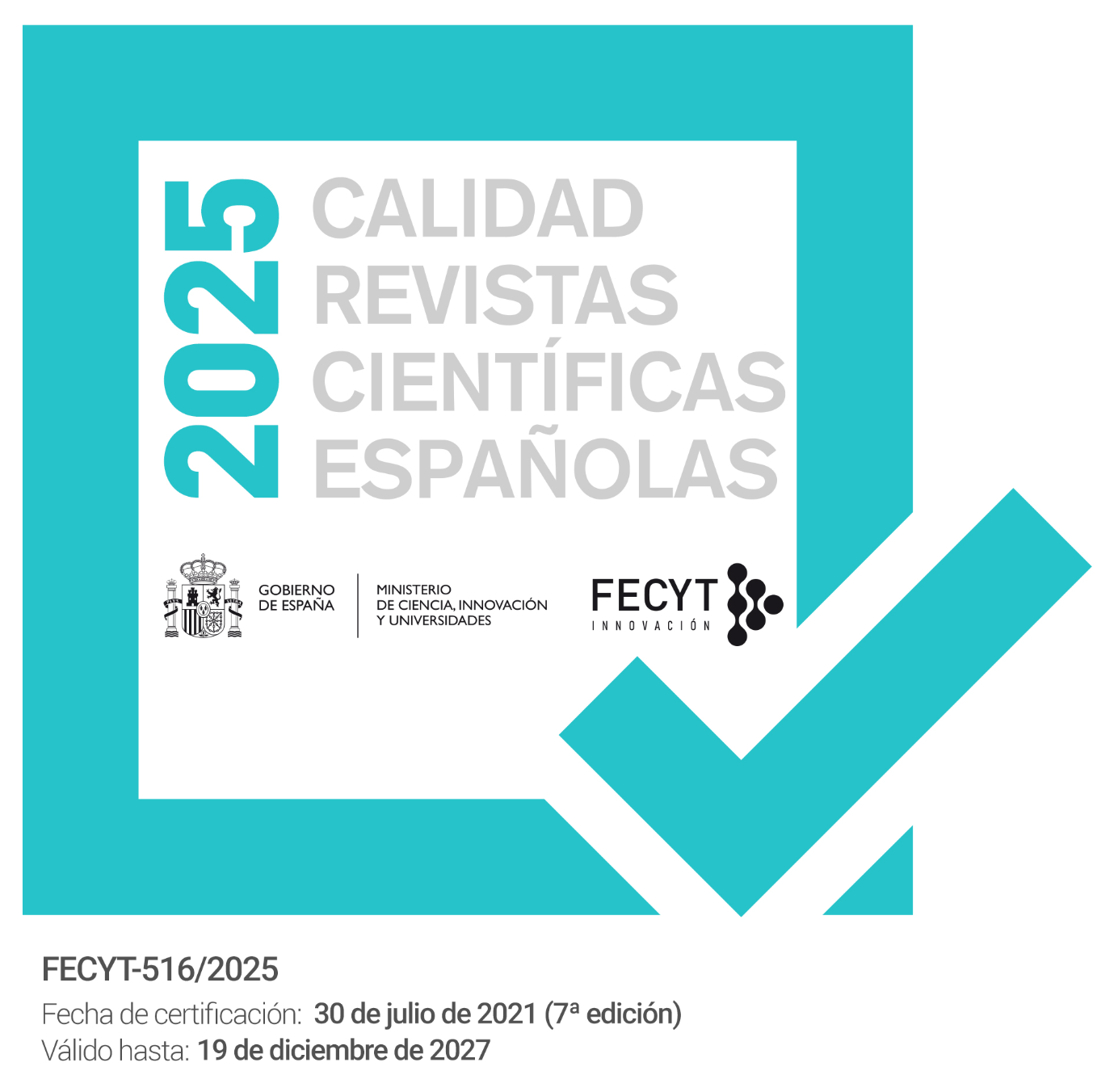Discusión sobre la lengua nacional en Argentina: posiciones en el debate y repercusiones en la actualidad
Abstract
The article reviews the historical path taken by the ideological confi gurations of the Spanish language during the 19th and the 20th centuries. This course explains the current complex plot of representations for the Río de la Plata linguistic variety. In attention to this purpose, the work hypothesizes that the diversity of theoretical positions about the Río de la Plata variety come from discussions on the statute of national language, which have taken place among a wide range of intellectuals along two centuries. According to this assumption, the article reviews the landmarks of that discussion, in order to organize the course of the representations of this regional Spanish variety, and to discern the historical reasons explaining attitudes of the speaking Argentineans towards their own variety. Our periodization attempts to explain the growth of ideas regarding national language. The article pays attention to the 1837, 1880 and Centenary generations, the government of Juan Domingo Perón, and the dictatorship of 1976-83, because they had socio-cultural conditions that promoted the emergence of the discussion on language.Downloads
-
Abstract1105
-
PDF (Español (España))779
The works published in this magazine are subject to the following terms:
1. The Publications Service of the University of Murcia (the publisher) preserves the economic rights (copyright) of the published works, and favors and allows the reuse of same under the license of use indicated in point 2.
2. The papers are published in the electronic edition of the magazine under a Creative Commons Attribution-NonCommercial-NoDerivative 3.0 Spain license (legal text). Papers may be copied, used, disseminated, transmitted and publicly exhibited if the following requirements are met: i) The authorship and the original source of its publication (magazine, editorial and URL of the work) must be cited; ii) The works cannot be used for commercial purposes; iii) The existence and specifications of this user license must be explicitly mentioned.
3. Self-archiving conditions. Authors can electronically disseminate pre-print versions (version before being evaluated) and / or post-print versions (version evaluated and accepted for publication). This makes possible its circulation and diffusion earlier and with it a possible increase in its citation and reach among the academic community. RoMEO color: green.










